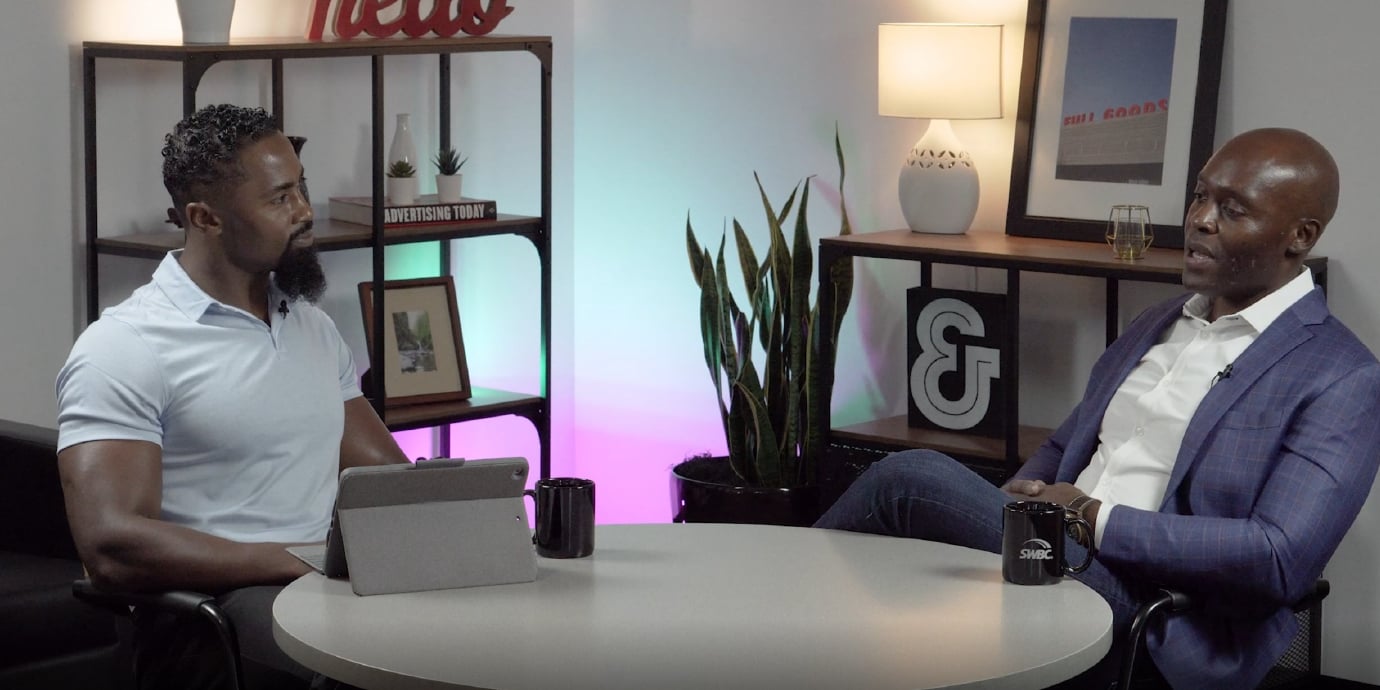Consumer spending behaviors are continuing to shift in 2025, with more consumers seeking flexible payment options to better manage cash flow amid rising costs and economic uncertainty. Buy Now, Pay La...
Elevating Voices: A Discussion About Equity and Inclusion in Lending
I'd like to welcome you to the first of a series of conversations I will be having with real estate and real estate lending professionals regarding diversity, equity, and inclusion within our industries. I believe strongly that inclusion and equity can be strong drivers of change in an area of lending that needs to evolve.
My goal in facilitating these dialogues is to bring attention to professionals of color within the industry, invite them to share their stories and perspectives, and to draw others into the industry and the larger conversation.
These discussions will also highlight dynamics impacting homeownership rates among Black and Hispanic communities within the United States.
I recently sat down with my friend and colleague, Efe Aghimien, to discuss the minority homeownership gap, why it has become a hot topic for lenders, and what some lenders are doing to tap into these “emerging markets.” We’ll also offer a few thoughts about how diversity in the industry could help us address the gap.

Efe Aghimien is the CFO of SWBC Mortgage. He serves on the Mortgage Bankers Association Affordable Housing Committee and is a board member for HomeFree-USA, an organization committed to assisting underserved individuals as they strive to attain homeownership with a goal of reducing the wealth gap among minority communities.
Efe and I believe deeply in the need to encourage less bias and introduce more representation in the appraisal industry. Here are some highlights from our conversation:
Efe: Minority Homeownership Gap Statistics
It’s not hyperbole to say that we are in an affordable housing crisis, particularly for Black and Latino borrowers. The racial homeownership gap is wider than it’s ever been with only 44% of home-ready Black people owning homes compared to 74% of their home-ready white counterparts. This has been the biggest gulf since the Fair Housing Act was passed in the late sixties.
For over a hundred years in this country, the biggest source of generational wealth has been owning a home. So, when you see there is a disproportionate number of people in minority groups who do not participate in that wealth generation, it is very alarming.
Efe: The Importance of Representation and Financial Literacy
There are many factors that contribute to the Black homeownership gap, and one is representation. There aren't a whole lot of Black loan officers or appraisers working in the industry. Often, Black prospective homebuyers are looking to buy a house, but they don't know anyone they can go to for help.
Conversely, the white community of loan officers and realtors has not figured out how to effectively connect with and penetrate that market.
Another factor is education. There isn't enough being done to counsel and educate the African American and Hispanic communities about what it takes to qualify for a loan. Developing the financial literacy needed to build savings, get a higher credit score, and navigate the lending process is important for everyone, but it’s critical for Black and Latino borrowers who want to own a home and build wealth.
Encouraging Less Bias and More Representation in the Appraisal Industry
I agree with Efe that there needs to be more diversity within our industries so Black and Hispanic professionals are better represented and feel more comfortable getting into this field. More has to be done to bring them in, to get them comfortable, and develop their skills.
At SWBC, we have thousands of great appraisers working with us who do everything they can to avoid bias and error in their appraisals. Yet, this still occurs routinely throughout the industry because of racial bias.
We need more representation in this market so we can try to address some of these issues. It's not the only way to do it, but it's a great way to help us progress a lot faster to address these issues.
Efe: Why Should Mortgage Lenders Care About the Minority Homeownership Gap?
There is an old adage in business, “If it don't make dollars, it don't make sense.” Companies are looking out for their own benefit. How do they benefit from being focused on this particular issue?
Well, let's flip the script. Earlier, I talked about stats. What those stats show is there are about 60% of untapped African Americans eligible for homeownership today that do not own a home.
When you're looking at short-term strategies to serve a demographic for your own financial profitability, you have a segment that is ready to be served. From a short-term perspective, more companies are flocking to the market to serve the underserved communities because it's going to benefit them immediately.
Now, let's look long term. Census data has shown, in 20 years, Caucasians in the U.S. will be a minority group, meaning their demographic representation will have been surpassed by what we're calling the minorities, today—the Black and Brown communities.
When mortgage lenders are looking at their long-term vision for financial planning and sustainability, if they’re disregarding this demographic, they could be out of business over the next decade.
Conclusion
Homeownership is the primary route to gaining intergenerational wealth in this country. As professionals in this industry, I believe it’s important to facilitate conversations and bring attention to ways we can all improve access to the American dream for all. Stay tuned for more discussions!
Related Categories
LendingTyreo Harrison
As Executive Vice President, Lending & Insurance Solutions, Ty Harrison leads teams of lending and insurance professionals that are dedicated to delivering value-added programs, services and technology tailored to address the needs of lenders, loan servicers, portfolio managers, mortgage brokers, insurance agents and insurance brokers.


Let Us Know What You Thought about this Post.
Put your Comment Below.